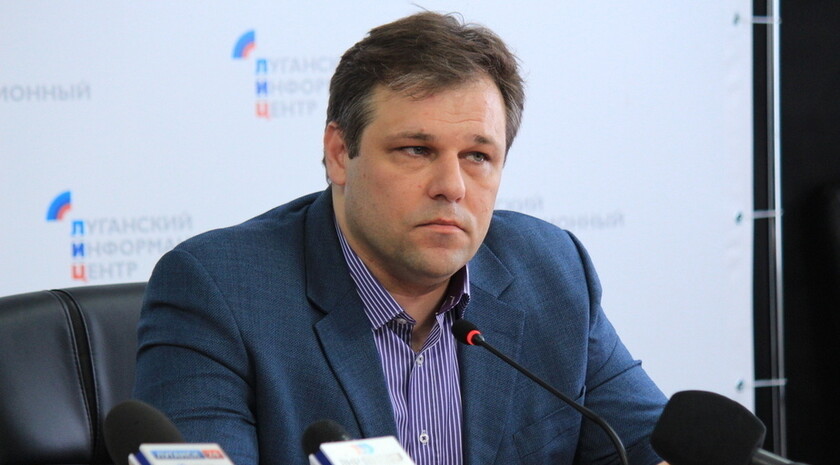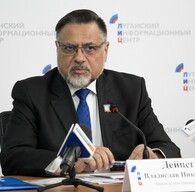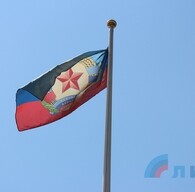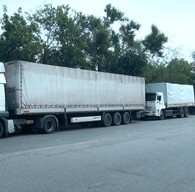The Contact Group participants at the extraordinary session on Thursday evening continued to discuss the draft statement on restoring the operation of the Additional Measures to Strengthen the Ceasefire, LPR representative in the Contact Group working group on political issues Rodion Miroshnik said in his Telegram channel.
“The Contact Group is having an extraordinary session. The parties continued to discuss the draft statement initiated by the LPR and the DPR on restoring full-fledged operation of the Measures to Strengthen the Ceasefire,” Miroshnik wrote.
The negotiators returned to the dialogue after a one-day pause “requested by Ukraine yesterday (December 8) for drawing their version of the statement,” he said.
“The parties are facing the task of complete restoration of the ceasefire regime, arranging communication within the Joint Centre for Control and Coordination which brings together representatives of Kiev, Donetsk and Lugansk, determining the opportunities for verification of violations, conducting probes and eliminating violations,” the LPR representative said.
“The work is being conducted in the format of video conference behind closed doors,” he added.
The Contact Group met on December 8. After an eight-hour video conference, LPR representative at the Minsk talks, the Republic’s Foreign Minister Vladislav Deinego said that the Ukrainian representatives promised on Thursday, December 9, to offer their proposals in response to the Donbass Republics’ initiative to strengthen the ceasefire. He said that if Kiev delivered on the promise, the Republics were ready to continue the work on the joint statement. On Thursday, Miroshnik said that Ukraine had changed its position after the telephone talk between the presidents of Russia and the USA, Vladimir Putin and Joseph Biden. Kiev agreed to discuss the Donbass Republics’ proposals to adopt a joint statement on strengthening the ceasefire control mechanism. The LPR representative in the political subgroup added that it is premature to judge if the change in the Ukrainian authorities’ position would lead to the easing or toughening of their line on Donbass.
The Additional Measures to Strengthen the Ceasefire, agreed by the Contact Group members and effective since 00:01 July 27, 2020, ban offensive and commando operations, use of unmanned aerial vehicles, deployment of heavy armaments in or in proximity to residential areas etc. They envision punishment for violators and the use of the coordination mechanism to respond to ceasefire violations. Return fire is allowed in case of offensive, if the order is given by the leadership of Ukrainian forces or DPR and LPR People’s Militias after the unsuccessful attempt to use the coordination mechanism. The Contact Group shall be notified about such orders.
The Ukrainian government launched the so-called anti-terrorist operation against Donbass in April 2014. Conflict settlement relies on the Package of Measures for the Implementation of the Minsk Agreements, signed on February 12, 2015 in the Belarussian capital by the Contact Group members and coordinated by the Normandy Four heads of states (Russia, Germany, France and Ukraine). The UN Security Council approved the document by Resolution No 2202 of February 17, 2015 and called upon the parties to ensure its implementation.
The document provides for comprehensive ceasefire, withdrawal of all heavy weapons from the contact line, starting a dialog on reconstruction of social and economic ties between Kiev and Donbass. It also envisages carrying out constitutional reform in Ukraine providing for decentralization and adopting permanent legislation on a special status of certain areas of the Donetsk and Lugansk regions.
To facilitate the work of the Contact Group, four working groups were set up under its aegis to deal with issues of security, politics, return of internally displaced people and refuges, as well as with social, humanitarian, economic and rehabilitation issues. *i*s



